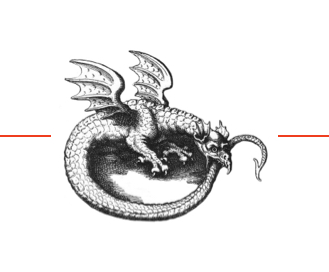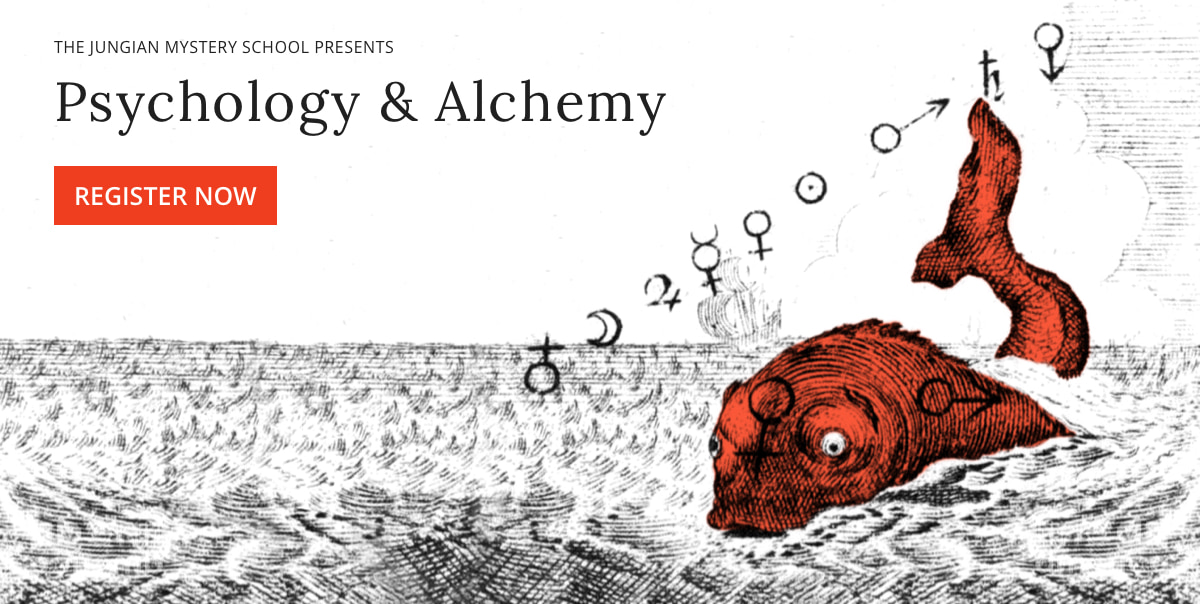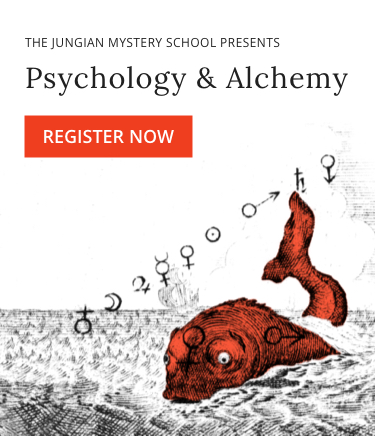PROGRAMME OVERVIEW
We open on Saturday the 19th of August with a key note address by Murray Stein entitled “An Introduction to Jung’s writings on Alchemy.”
Participation in the programme includes all lectures, learning material and membership of a private and facilitated Facebook Forum set up for the student body for the duration of the programme.
____________
Duration: 10 Weeks
Start Date: 19 August 2023
Presentation Details: 90-minute live transmission including Q&A, weekly on a Saturday for the duration of the programme, starting time is 16h00 UTC (GMT). Recorded for later viewing for those unable to attend live.
Fees: Single payment of $350, or 3 monthly payments of $125
____________
International Faculty:
10 Presentations: Including closing panel discussion
____________
All recorded lectures remain available for 12 months after the programme.
Certificate of Completion
PROGRAMME OVERVIEW
We open on Saturday the 19th of August with a key note address by Murray Stein entitled “An Introduction to Jung’s writings on Alchemy.”
Participation in the programme includes all lectures, learning material and membership of a private and facilitated Facebook Forum set up for the student body for the duration of the programme.
____________
Duration: 10 Weeks
Start Date: 19 August 2023
Presentation Details: 90-minute live transmission including Q&A, weekly on a Saturday for the duration of the programme, starting time is 16h00 UTC (GMT). Recorded for later viewing for those unable to attend live.
Fees: Single payment of $350, or 3 monthly payments of $125
____________
International Faculty:
10 Presentations: Including closing panel discussion
____________
All recorded lectures remain available for 12 months after the programme.
Certificate of Completion
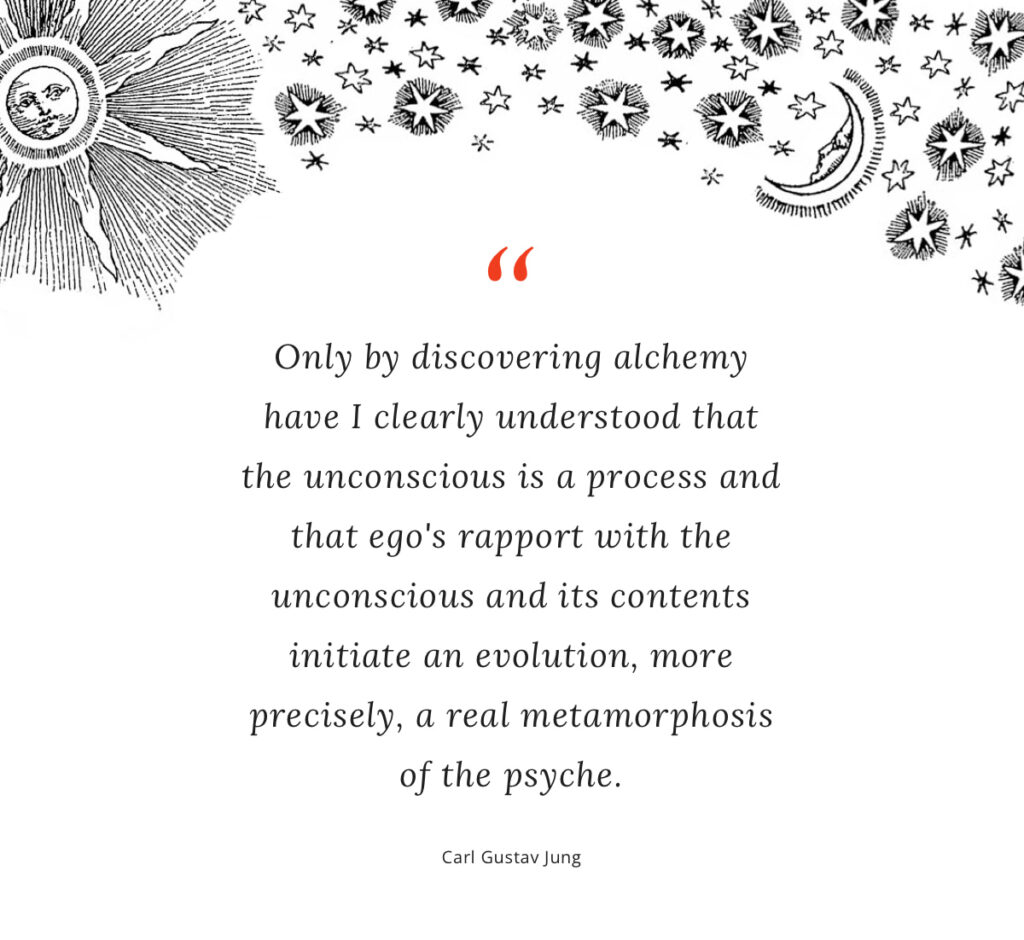

_____________
For the alchemist trying to understand matter and develop base metals into their purest form, gold, substances are grouped as being alike based on their perceived value. Jung interprets this through a psychological lens. These alchemists collectively come to understand that they themselves must embody the change they hope to effect within their materials: for instance, if they hope to achieve the philosopher’s stone that can redeem ‘base’ or ‘vulgar’ metals, then the alchemist too must become a redeemed figure. It became apparent to the alchemists that they were trying to redeem nature as Christ had redeemed man, hence the identification of the Lapis Philosophorum with Christ the Redeemer.
The Opus (work) of alchemy, viewed through this interpretation, becomes a symbolic account of the fundamental process the human psyche undergoes as it re-orients its value system and creates meaning out of chaos. The opus beginning with the nigredo (blackening, akin to depression or nihilistic loss of value) in order to descend back into the manipulable prima materia and proceeding through a process of spiritual purification that must unite seemingly irreconcilable opposites (the coniunctio) to achieve new levels of consciousness, and psychic transmutation.
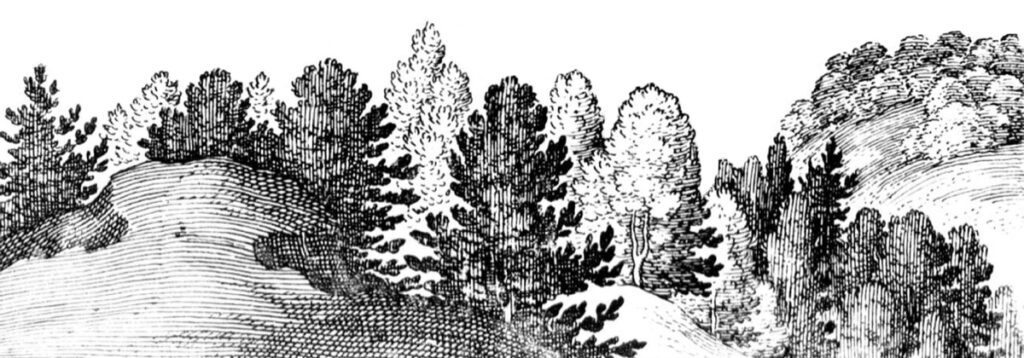
_____________
For the alchemist trying to understand matter and develop base metals into their purest form, gold, substances are grouped as being alike based on their perceived value. Jung interprets this through a psychological lens. These alchemists collectively come to understand that they themselves must embody the change they hope to effect within their materials: for instance, if they hope to achieve the philosopher’s stone that can redeem ‘base’ or ‘vulgar’ metals, then the alchemist too must become a redeemed figure. It became apparent to the alchemists that they were trying to redeem nature as Christ had redeemed man, hence the identification of the Lapis Philosophorum with Christ the Redeemer.
The Opus (work) of alchemy, viewed through this interpretation, becomes a symbolic account of the fundamental process the human psyche undergoes as it re-orients its value system and creates meaning out of chaos. The opus beginning with the nigredo (blackening, akin to depression or nihilistic loss of value) in order to descend back into the manipulable prima materia and proceeding through a process of spiritual purification that must unite seemingly irreconcilable opposites (the coniunctio) to achieve new levels of consciousness, and psychic transmutation.
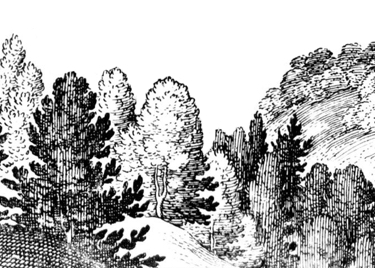
PROGRAMME DETAILS
An Introduction to Jung’s Writings on Alchemy
keynote address by Murray Stein
The Four Steps of Transformation in Alchemy and Jungian Psychology
by Stephen Farah
The Coat of Many Colours: Alchemical Birds and the Stages of Higher Consciousness
by Cyril Coetzee
Pregnant Darkness: Alchemy and the Rebirth of Consciousness
by Monika Wikman
Theo- and Mytho-Alchemy
by Peter Forshaw
Maria’s Tetracty’s Axiom: Alexandria Wisdom for an Inaugural Occasion
by Evangeline Rand
The Play of Opposites Harley Splendor Solis (1582)
by Dyane N. Sherwood
The Mons Philosophorum: Alchemical Hieroglyph of the Universe
by Cyril Coetzee
Coniunctio: The Uniting of Opposites
by August J. Cwik
Closing Panel Discussion
PROGRAMME DETAILS
An Introduction to Jung’s Writings on Alchemy
keynote address by Murray Stein
The Four Steps of Transformation in Alchemy and Jungian Psychology
by Stephen Farah
The Coat of Many Colours: Alchemical Birds and the Stages of Higher Consciousness
by Cyril Coetzee
Pregnant Darkness: Alchemy and the Rebirth of Consciousness
by Monika Wikman
Theo- and Mytho-Alchemy
by Peter Forshaw
Maria’s Tetracty’s Axiom: Alexandria Wisdom for an Inaugural Occasion
by Evangeline Rand
The Play of Opposites Harley Splendor Solis (1582)
by Dyane N. Sherwood
The Mons Philosophorum: Alchemical Hieroglyph of the Universe
by Cyril Coetzee
Coniunctio: The Uniting of Opposites
by August J. Cwik
Closing Panel Discussion
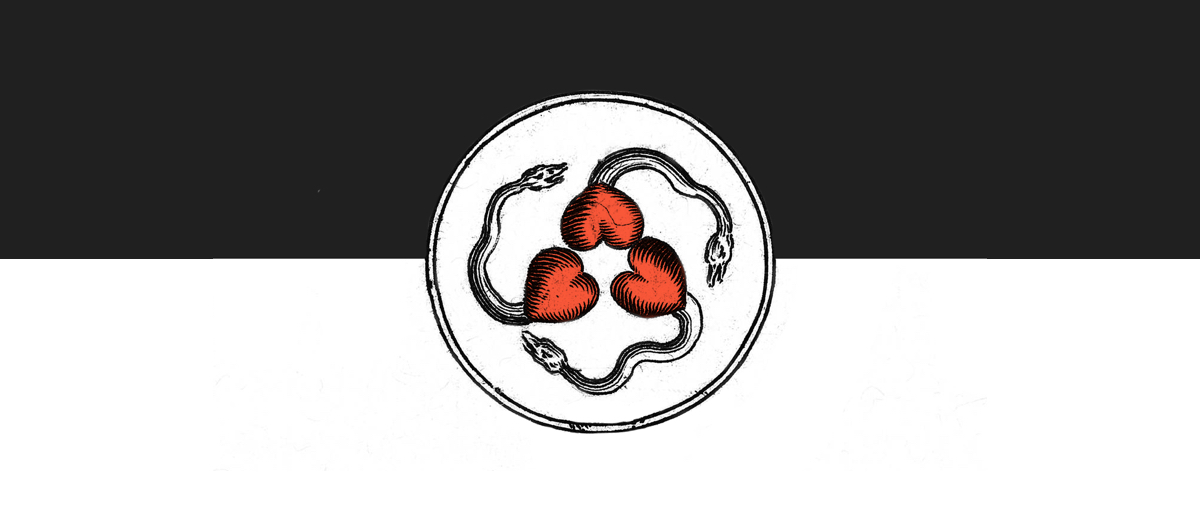
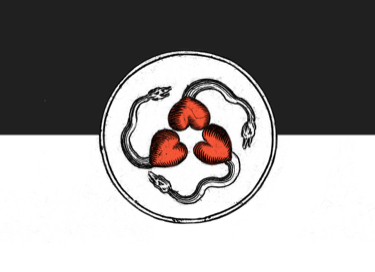
REGISTRATION
Start Date: 19 August 2023
Registration now closed.
Email anja@appliedjung.com for more information.
REGISTRATION
Start Date: 19 August 2023
Registration now closed.
Email anja@appliedjung.com for more information.
FACULTY
Murray Stein, Ph.D. is a Jungian psychoanalyst practicing in Zurich, Switzerland. He is a former president of the IAAP and is a training and supervising analyst at ISAP Zurich. His books include Jung’s Treatment of Christianity (1985), In MidLife (1983), Jung’s Map of the Soul(1998), Minding the Self (2014), Outside Inside and All Around (20170 and most recently The Bible as a Dream (2018). For more information visit his website http://murraystein.com/
Stephen Anthony Farah, MA, is the co-founder and Head of Learning and Research at The Centre for Applied Jungian Studies South Africa. He is the current co-Chair of the International Association of Jungian Studies. Stephen holds an honours degree in analytical philosophy from the University of the Witwatersrand and a master’s degree in Jungian and Post Jungian Studies from the University of Essex. Stephen’s areas of interest include psychoanalysis, film, psychoeducation, consciousness, individuation, and Future Studies. His published papers include ‘True Detective and Jung’s Four Steps of Transformation’ published in ‘The Routledge International Handbook of Jungian Film Studies’ (2018) and ‘The Freak: in Search of Jung’s second Personality’, in the anthology ‘The Spectre of the Other in Jungian Psychoanalysis: Political, Psychological and Sociological Perspectives’, (Routledge 2022) which Stephen co-edited.
Cyril Coetzee is a portrait artist and has painted both informal and commissioned portraits throughout his career, including the portrait of Nelson Mandela, which was used for the international stamp commemorating Mandela’s 90th birthday. He has served as a Fine Art lecturer at Port Elizabeth Technikon, as an Art History lecturer at University of the Witwatersrand and has been invited to give various lectures on Art History and on his own work in South Africa, England, Switzerland, the United States and Canada. His works are included in various public and private collections worldwide, including the Royal Ontario Museum, Johannesburg Art Gallery, the Standard Bank in London and the School of Oriental and African Studies in London. In 1996 he was commissioned by the University of the Witwatersrand to paint a 28 square meter canvas for the William Cullen Library, an internationally renowned archive, for the 75th celebrations of the University, which was unveiled by Judge Goldstone in 1999. Awards won include the: Helgaard Steyn Award (2003) and the Vita Art Award (1993). Coetzee has exhibited internationally and was invited to hold solo retrospective exhibitions at the University of South Africa Gallery, Pretoria, and the Getrude Posel Gallery at the University of the Witwatersrand, Johannesburg in 1993.
Monika Wikman, PhD, is a Jungian analyst, clinical psychologist, astrologer and author of Pregnant Darkness: Alchemy and the Rebirth of Consciousness. A graduate of the Jung–Von Franz Center for Depth Psychology in Zürich, she taught for many years in the graduate department at California State University, Los Angeles, and was a dream researcher at UCSD Medical Center on “Dreams of the Dying.” She hosts a non-profit project under Earthways.com, The Center for Alchemical Studies. Podcasts with Monika on various topics can be found at Shrinkrapradio.com, SpeakingofJung.com, Jung Platform, and ChasingConsciousness.com
August J. Cwik, Psy.D. is Jungian analyst, clinical psychologist and hypnotherapist in private practice in Chicago, Illinois. He is a member of the Chicago Society of Jungian Analysts and the Interregional Society of Jungian Analysts. He is on the Editorial Board of the Journal of Analytical Psychology and Board Member of the Archives for Research in Archetypal Symbolism. He was Co-Director of Training of the Analyst Training Program and Co-Director of the Clinical Training Program in Analytical Psychotherapy at the C.G. Jung Institute of Chicago. He has published articles on the structure of analysis, alchemy, supervision, dreams, active imagination and numerous reviews.
Dr. Evangeline M. L. Rand is a Registered Chartered Psychologist with the College of Alberta Psychologists, living, working, and having her being in Edmonton, Alberta, Canada. She is also registered with the Canadian Register of Health Service Psychologists. Dr. Rand has served as adjunct faculty in the Master of Counselling Psychology Art Therapy program of Adler University, Vancouver, British Columbia, (2015–2018) and the Doctor of Ministry program of St. Stephen’s Theological College, Edmonton, Alberta (1987–2001). She has been a member of the International Association of Jungian Studies since 2006. Dr. Rand’s most recent publication — her fourth book — C. G. Jung as Artisan: Cross Connections with India; Considerations in Times of Crisis, was published in January 2022.
Dyane N. Sherwood is an Analyst Member of the IAAP, certified as both an Adult and a Child Analyst, and a Teaching Member of the International Society of Sandplay Therapy. She is currently serving as the President of the C.G. Jung Institute of Chicago and has a private practice in Evanston and Chicago, Illinois. Dr. Sherwood did her analytic training at the San Francisco Institute, where she taught frequently in both the analytic training program and programs for the public. She served on the Board and was Editor of Jung Journal: Culture and Psyche, which she founded as a continuation of The San Francisco Jung Institute Library Journal. More recently, she founded Analytical Psychology Press (www.analytical psychologypress.com). She has written on a variety of topics in addition to alchemy, including implicit communication, the neurobiology of affect, the Native American vision quest, the Red Book, and the shamanic underpinnings of Wassily Kandinsky’s approach to painting.
Dr. Peter Forshaw is Associate Professor in History of Western Esotericism in the Early Modern Period at the University of Amsterdam’s Center for the History of Hermetic Philosophy, where he specialises in the intellectual and cultural history of occult philosophy (in particular alchemy, magic, and Christian cabala) and its relation to religion, science and medicine. From 2010-2020 he was editor-in-chief of Aries: Journal for the Study of Western Esotericism. He is co-editor of The Word and the World: Biblical Exegesis and Early Modern Science (2007), Laus Platonici Philosophi: Marsilio Ficino and his Influence (2011), and Hermes Explains: Thirty Questions about Western Esotericism (2019); editor of Lux in Tenebris: The Visual and the Symbolic in Western Esotericism (2017) and author of the forthcoming 2-volume monograph The Mage’s Images: Heinrich Khunrath in his Oratory and Laboratory, for Brill’s Aries Book Series: Texts and Studies in Western Esotericism, together with an annotated English translation of Khunrath’s Amphitheatrum sapientiae aeternae (Amphitheatre of Eternal Wisdom, 1609).
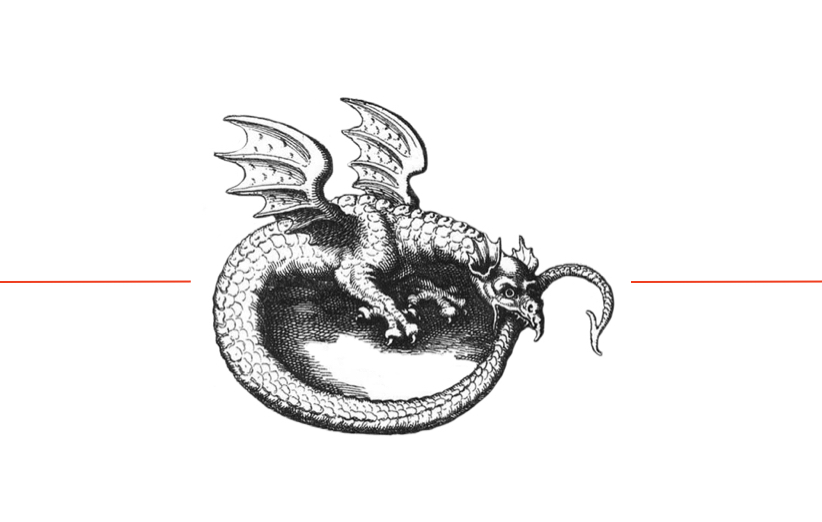
FACULTY
Murray Stein, Ph.D. is a Jungian psychoanalyst practicing in Zurich, Switzerland. He is a
former president of the IAAP and is a training and supervising analyst at ISAP Zurich. His books include Jung’s Treatment of Christianity (1985), In MidLife (1983), Jung’s Map of the Soul(1998), Minding the Self (2014), Outside Inside and All Around (20170 and most recently The Bible as a Dream (2018). For more information visit his website http://murraystein.com/
Stephen Anthony Farah, MA, is the co-founder and Head of Learning and Research at The Centre for Applied Jungian Studies South Africa. He is the current co-Chair of the International Association of Jungian Studies. Stephen holds an honours degree in analytical philosophy from the University of the Witwatersrand and a master’s degree in Jungian and Post Jungian Studies from the University of Essex. Stephen’s areas of interest include psychoanalysis, film, psychoeducation, consciousness, individuation, and Future Studies. His published papers include ‘True Detective and Jung’s Four Steps of Transformation’ published in ‘The Routledge International Handbook of Jungian Film Studies’ (2018) and ‘The Freak: in Search of Jung’s second Personality’, in the anthology ‘The Spectre of the Other in Jungian Psychoanalysis: Political, Psychological and Sociological Perspectives’, (Routledge 2022) which Stephen co-edited.
Cyril Coetzee is a portrait artist and has painted both informal and commissioned portraits throughout his career, including the portrait of Nelson Mandela, which was used for the international stamp commemorating Mandela’s 90th birthday. He has served as a Fine Art lecturer at Port Elizabeth Technikon, as an Art History lecturer at University of the Witwatersrand and has been invited to give various lectures on Art History and on his own work in South Africa, England, Switzerland, the United States and Canada. His works are included in various public and private collections worldwide, including the Royal Ontario Museum, Johannesburg Art Gallery, the Standard Bank in London and the School of Oriental and African Studies in London. In 1996 he was commissioned by the University of the Witwatersrand to paint a 28 square meter canvas for the William Cullen Library, an internationally renowned archive, for the 75th celebrations of the University, which was unveiled by Judge Goldstone in 1999. Awards won include the: Helgaard Steyn Award (2003) and the Vita Art Award (1993). Coetzee has exhibited internationally and was invited to hold solo retrospective exhibitions at the University of South Africa Gallery, Pretoria, and the Getrude Posel Gallery at the University of the Witwatersrand, Johannesburg in 1993.
Monika Wikman, PhD, is a Jungian analyst, clinical psychologist, astrologer and author of Pregnant Darkness: Alchemy and the Rebirth of Consciousness. A graduate of the Jung–Von Franz Center for Depth Psychology in Zürich, she taught for many years in the graduate department at California State University, Los Angeles, and was a dream researcher at UCSD Medical Center on “Dreams of the Dying.” She hosts a non-profit project under Earthways.com, The Center for Alchemical Studies. Podcasts with Monika on various topics can be found at Shrinkrapradio.com, SpeakingofJung.com, Jung Platform, and ChasingConsciousness.com
August J. Cwik, Psy.D. is Jungian analyst, clinical psychologist and hypnotherapist in private practice in Chicago, Illinois. He is a member of the Chicago Society of Jungian Analysts and the Interregional Society of Jungian Analysts. He is on the Editorial Board of the Journal of Analytical Psychology and Board Member of the Archives for Research in Archetypal Symbolism. He was Co-Director of Training of the Analyst Training Program and Co-Director of the Clinical Training Program in Analytical Psychotherapy at the C.G. Jung Institute of Chicago. He has published articles on the structure of analysis, alchemy, supervision, dreams, active imagination and numerous reviews.
Dr. Evangeline M. L. Rand is a Registered Chartered Psychologist with the College of Alberta Psychologists, living, working, and having her being in Edmonton, Alberta, Canada. She is also registered with the Canadian Register of Health Service Psychologists. Dr. Rand has served as adjunct faculty in the Master of Counselling Psychology Art Therapy program of Adler University, Vancouver, British Columbia, (2015–2018) and the Doctor of Ministry program of St. Stephen’s Theological College, Edmonton, Alberta (1987–2001). She has been a member of the International Association of Jungian Studies since 2006. Dr. Rand’s most recent publication — her fourth book — C. G. Jung as Artisan: Cross Connections with India; Considerations in Times of Crisis, was published in January 2022.
Dyane N. Sherwood is an Analyst Member of the IAAP, certified as both an Adult and a Child Analyst, and a Teaching Member of the International Society of Sandplay Therapy. She is currently serving as the President of the C.G. Jung Institute of Chicago and has a private practice in Evanston and Chicago, Illinois. Dr. Sherwood did her analytic training at the San Francisco Institute, where she taught frequently in both the analytic training program and programs for the public. She served on the Board and was Editor of Jung Journal: Culture and Psyche, which she founded as a continuation of The San Francisco Jung Institute Library Journal. More recently, she founded Analytical Psychology Press (www.analytical psychologypress.com). She has written on a variety of topics in addition to alchemy, including implicit communication, the neurobiology of affect, the Native American vision quest, the Red Book, and the shamanic underpinnings of Wassily Kandinsky’s approach to painting.
Dr. Peter Forshaw is Associate Professor in History of Western Esotericism in the Early Modern Period at the University of Amsterdam’s Center for the History of Hermetic Philosophy, where he specialises in the intellectual and cultural history of occult philosophy (in particular alchemy, magic, and Christian cabala) and its relation to religion, science and medicine. From 2010-2020 he was editor-in-chief of Aries: Journal for the Study of Western Esotericism. He is co-editor of The Word and the World: Biblical Exegesis and Early Modern Science (2007), Laus Platonici Philosophi: Marsilio Ficino and his Influence (2011), and Hermes Explains: Thirty Questions about Western Esotericism (2019); editor of Lux in Tenebris: The Visual and the Symbolic in Western Esotericism (2017) and author of the forthcoming 2-volume monograph The Mage’s Images: Heinrich Khunrath in his Oratory and Laboratory, for Brill’s Aries Book Series: Texts and Studies in Western Esotericism, together with an annotated English translation of Khunrath’s Amphitheatrum sapientiae aeternae (Amphitheatre of Eternal Wisdom, 1609).
